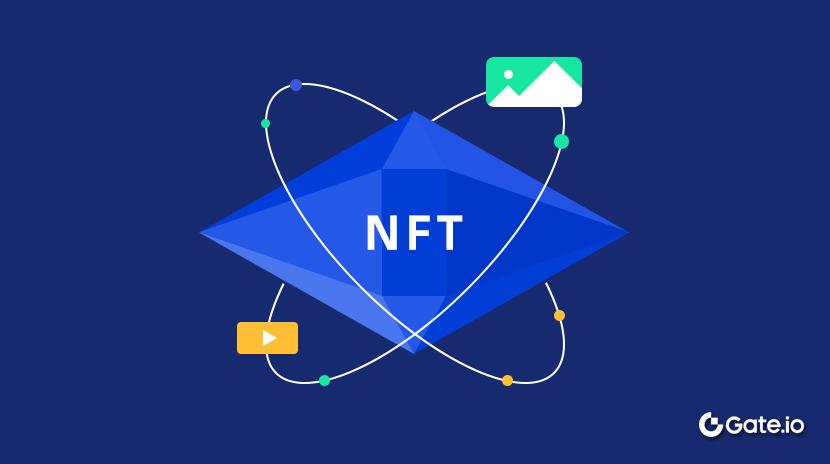soulbond mtg

Soulbound Tokens (SBTs) are non-transferable, non-tradable tokens that remain permanently bound to their holders, conceptualized in 2022 by Ethereum co-founder Vitalik Buterin along with economist Glen Weyl and lawyer Puja Ohlhaver. These unique tokens are designed to represent non-transferable social attributes such as personal identity, achievements, and credentials that remain permanently linked to an individual's digital identity. Soulbound Tokens address the limitations of conventional NFTs, which can be freely traded, in representing identity and achievements, laying the groundwork for a more sophisticated decentralized society (DeSoc) by enabling blockchain technology to support more complex social applications based on reputation and identity.
Market Impact of Soulbound Tokens
Soulbound Tokens have introduced a new dimension to the cryptocurrency ecosystem, expanding beyond financial transactions to the construction of social identity and reputation systems. This innovation is transforming the market landscape in several ways:
-
Redefining Digital Identity: SBTs enable blockchain-based identity verification, providing individuals and organizations with verifiable digital credentials that enhance the trustworthiness of online interactions.
-
Expanding Crypto Applications: By introducing the concept of non-transferable tokens, SBTs extend blockchain applications from purely financial assets to social domains such as educational certificates, professional qualifications, and organizational memberships.
-
Building Trust Infrastructure: As cornerstones of decentralized society, SBTs provide technical support for credit scoring systems, decentralized identity verification, and social trust networks.
-
Creating New Business Models: SBT-based reputation systems are catalyzing new organizational forms and business models, such as contribution-based incentive mechanisms and community governance.
-
Reducing Speculation in Traditional NFT Markets: The non-transferability of SBTs introduces non-speculative elements to the digital asset market, diversifying and adding practical utility to blockchain technology applications.
Risks and Challenges of Soulbound Tokens
Despite their promising applications, Soulbound Tokens face numerous technical and social challenges in implementation and widespread adoption:
-
Privacy Protection Concerns: Permanently bound identity information may lead to privacy breaches, necessitating a balance between transparency and privacy protection.
-
Governance Complexity: Challenges remain in determining who has the authority to issue SBTs, how to verify information authenticity, and how to handle incorrect information.
-
Technical Implementation Barriers: Implementing truly non-transferable token mechanisms presents challenges within current blockchain architectures, requiring new technical standards and protocols.
-
Regulatory Uncertainty: As a novel digital identity carrier, SBTs may face complex regulatory environments, particularly in cross-border application scenarios.
-
Social Exclusion Risk: Reputation systems built on SBTs could potentially lead to new forms of social stratification, affecting social inclusivity.
-
Token Recovery Mechanisms: Since SBTs are non-transferable, recovering these tokens representing important identities and achievements becomes a critical issue when users lose their private keys.
Future Outlook: Development Direction of Soulbound Tokens
As a relatively emerging concept, the development path of Soulbound Tokens continues to evolve and take shape:
-
Standardization Process: The industry is working to establish unified technical standards and implementation frameworks for SBTs to promote cross-platform compatibility and widespread adoption.
-
Integration with the Physical World: SBTs are expected to more closely integrate with real-world identity systems, educational institutions, and professional organizations, forming an integrated online-offline reputation system.
-
Application of Privacy-Enhancing Technologies: Privacy protection technologies such as zero-knowledge proofs will combine with SBTs to resolve the contradiction between privacy and transparency.
-
Refinement of Decentralized Society Frameworks: As the SBT ecosystem matures, reputation-based decentralized governance, credit allocation, and collaborative mechanisms will become more sophisticated.
-
Expansion of Commercial Applications: From educational certificates to professional qualifications, from organizational memberships to community contribution records, commercial applications of SBTs will continue to expand and deepen.
-
Integration with Artificial Intelligence: SBTs may combine with AI systems to form more intelligent reputation evaluation and identity verification mechanisms, enhancing system fairness and efficiency.
Soulbound Tokens represent a significant step in the transition of blockchain technology from purely financial applications to social collaboration tools. By encoding non-transferable identity and reputation information onto the blockchain, SBTs create a potentially more fair, transparent, and efficient framework for social collaboration. Although still in early stages and facing many challenges, SBTs as infrastructure for decentralized society have the potential to reshape how we build trust, verify identity, and measure value, opening new possibilities for blockchain technology applications in broader social domains.
Share
Related Articles

Top 10 NFT Data Platforms Overview

7 Analysis Tools for Understanding NFTs
